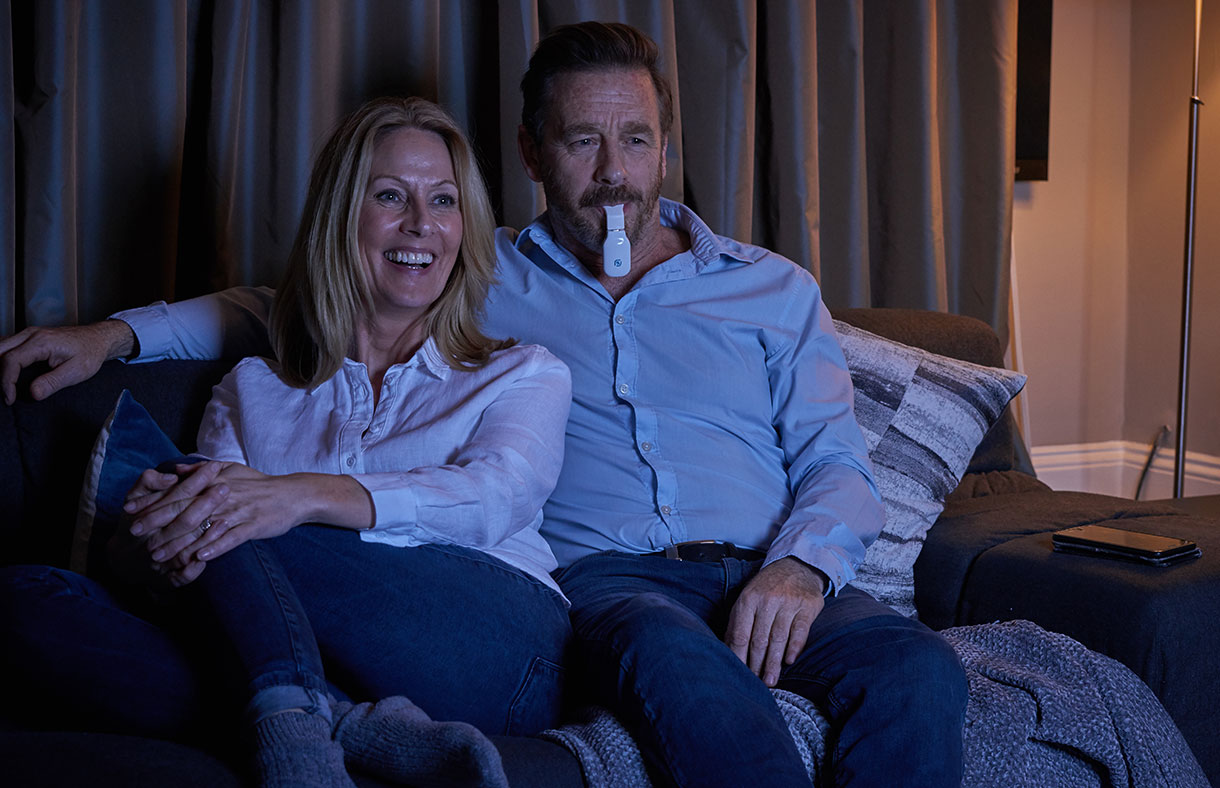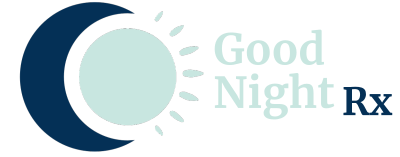What Happens In A Sleep Study?

|8th September 2021
Every one of us experiences sleep problems from time to time – this could be due to stress, overworking, or being in a new environment. However, for some people, their sleep problems run deep and affect their lives and relationships in significant ways. If this happens, seeking medical intervention is advised.
Examples of sleep problems that require medical intervention are insomnia (the inability to sleep at night), obstructive sleep apnea, and sleepwalking.
To get to the root of the problem, doctors need to observe you when you sleep. This is where sleep studies come in. The purpose of a sleep study is to monitor your vital signs and your movements during sleep. It can be used in psychology studies as well.
Another term for a sleep study is polysomnography. When you’re invited to participate in a sleep study, you will be given your own room to sleep in. The room will have a video camera and an audio system to allow you to communicate with the doctors and for them to observe you when you sleep.
On the day of the test, refrain from taking alcohol or caffeine as they might interfere with the results. If you’re currently on any medications, your doctor will advise you on whether to continue taking them or to stop for the purpose of the study.
The doctors will put some electrodes on your head to monitor your brain activity. This procedure might be slightly uncomfortable, but it is not painful.
When you actually fall asleep, the doctors will be able to observe and accumulate data about your quality of sleep. Examples of the data analyzed are your eye movements, brain activity, heart rate, breathing rate, as well as oxygen and carbon dioxide levels. Any physical movement during sleep is also observed and recorded, for example, body muscle movements, chest and abdomen movements, and the airflow through the mouth and nose.
With this data, the doctors are able to gain a fuller picture of why you’re experiencing sleep problems. They can then make a more accurate diagnosis of what is going wrong with your sleep, and recommend some treatments later.
If you find that your quality of sleep is deteriorating to the point that it is affecting your career and your relationships, do not hesitate to seek help. eXciteOSA is a medically tested device that is proven to reduce snoring and mild obstructive sleep apnea in just 20 minutes a day over a 6-week period. If you experience snoring problems, try one today and begin your journey towards better sleep.
References
- Ambardekar, N. (2019) Sleep Study (Polysomnography)
Retrieved from: https://www.webmd.com/sleep-disorders/polysomnogram#:~:text=A%20sleep%20study%20is%20a,identify%20sleep%20cycles%20and%20disturbances. - Wikipedia (2020) Sleep Study
Retrieved from: https://en.wikipedia.org/wiki/Sleep_study



